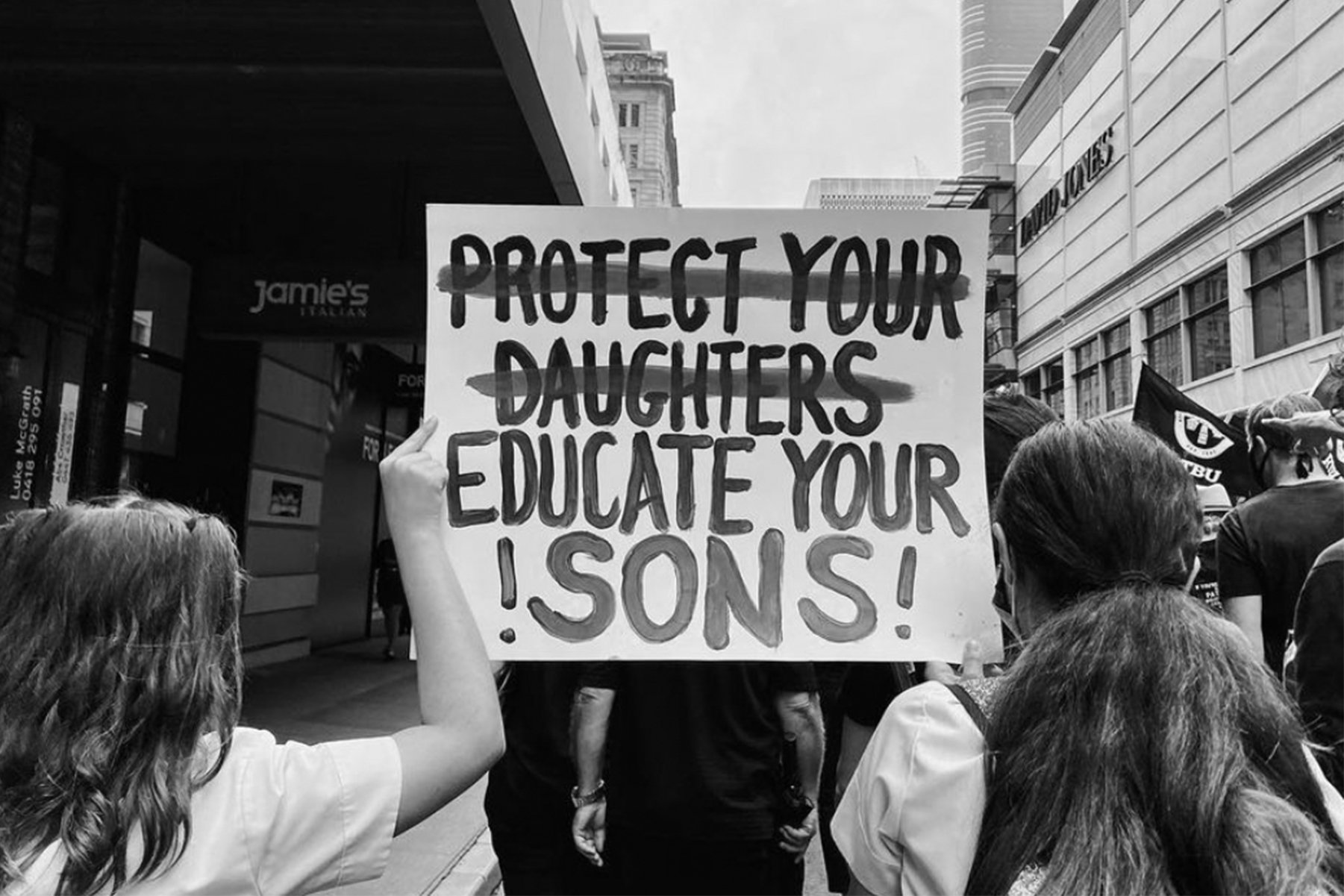
On the evening of March 18, it was announced by the Home Office that misogyny will now be recorded as a hate crime in England and Wales. The development comes following the tragic murder of Sarah Everard, where campaigners like the Fawcett Society and politicians including MP Stella Creasy put pressure on the UK government for tougher legislation to protect women from harm.
England and Wales will officially be ordered to record all crimes they suspect could have been motivated by hostility based on gender and has the potential to apply to crimes such as murder, sexual offences, domestic violence, harassment and stalking. The news of Everard's horrific death served as somewhat of a catalytic and terrifying reminder that women rarely feel safe as we move through the world because we aren't, with a recent UK-based study by the UN Women UK revealing that 97% of 18 to 24-year-old women reported that they had been sexually harassed in their lifetime.
“This is a human rights crisis. It’s just not enough for us to keep saying ‘this is too difficult a problem for us to solve’—it needs addressing now,” said executive director of UN Women UK, Claire Barnett.
Seven police forces across the UK have previously recorded incidents motivated by misogyny as hate crimes, but this change now means that all 42 police forces in England and Wales will be officially required to do the same.
“I’m delighted that the government has listened to this cross-party and grassroots campaign to make misogyny a hate crime and is now taking the first steps towards making it happen,” Stella Creasy MP said in a statement. “It should give all women confidence that if they come forward to report crimes they will be taken seriously, too.”
The change, which is certainly a small step in the right direction, was officially announced by Home Office minister Baroness Williams of Trafford. However, the new legislation will be implemented initially on an “experimental basis” from the Northern Hemisphere's autumn onwards. Whether misogyny will remain a hate crime will be decided down the track in a review by the Law Commission.
While this is a small victory for UK women, it is important to note that it should not have taken another death to arrive at this point and that in order for legislation such as this one to truly feel effective, the practice change will need to be supported by system reform to ensure women are able to access safety and justice in the face of violence - a sentiment that is seldom upheld by the justice system at-large.
Image: @sjaistrope



